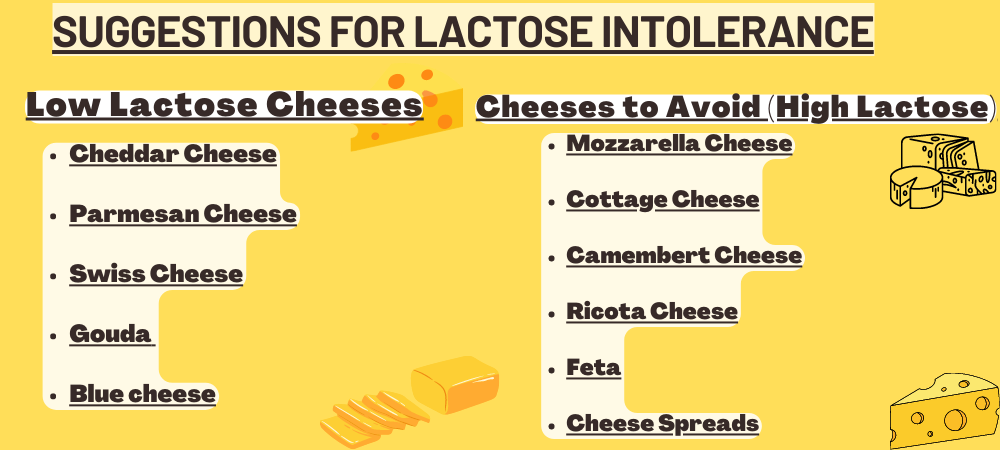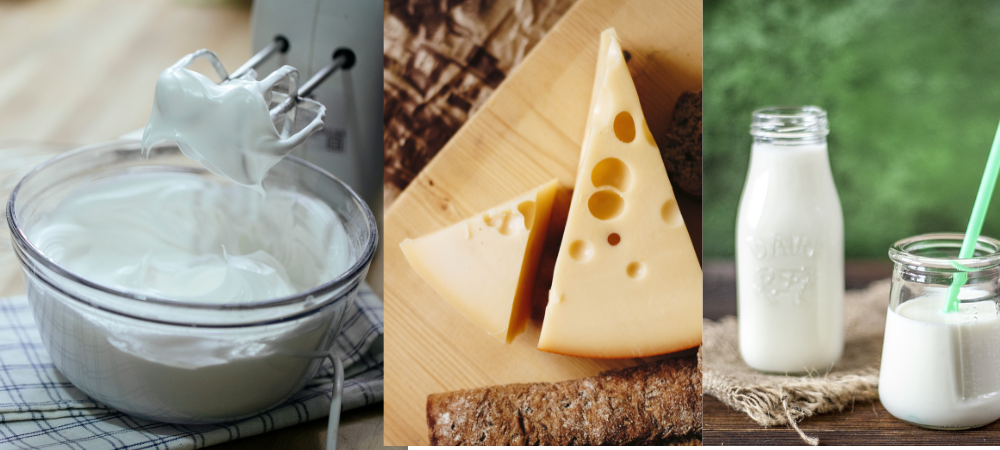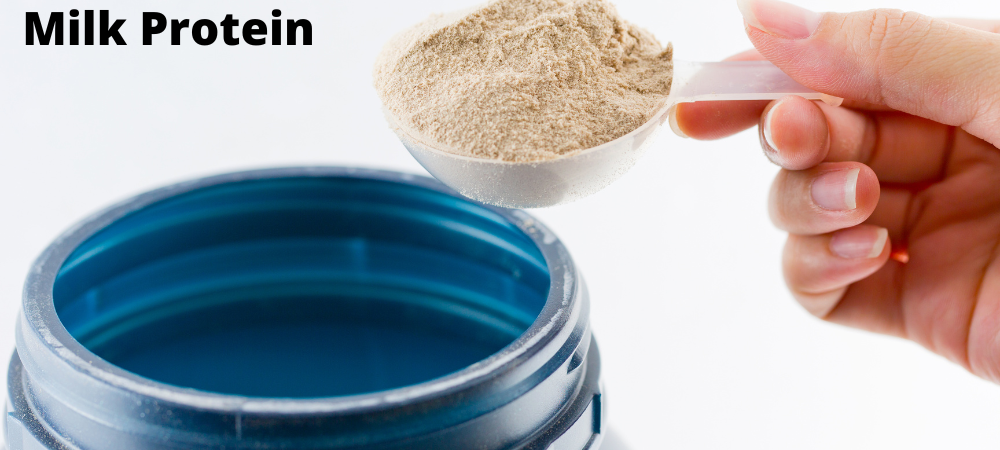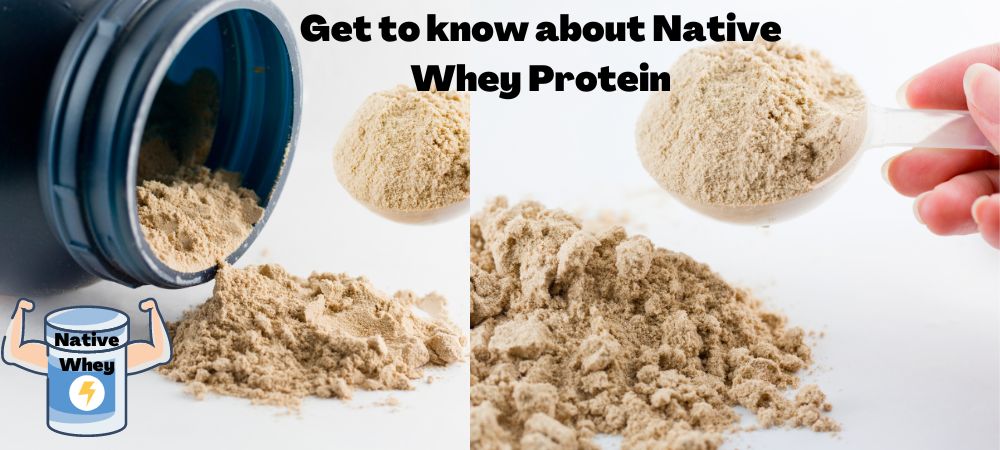Nowadays, cheese is a favorite product among food lovers due to its unique flavor, taste, and nutritional content. However, people with lactose intolerance might avoid its consumption in an attempt to avoid dairy products. Since cheeses are also obtained from dairy groups, there is a chance that they might contain lactose content. But, the low lactose content of various cheeses makes them suitable for people with lactose intolerance. This article has discussed some of the best cheeses for lactose Intolerance.
What is lactose Intolerance?
Actually, lactose intolerance is the inability of a person to digest lactose, which is a type of sugar commonly present in milk or milk-based products. This intolerance occurs due to the absence of an enzyme known as lactase (1).
This condition can result in various unpleasant symptoms, including nausea, gas, bloating, pain, and diarrhea (2). The consumption of low-lactose cheese depends on the severity of your lactose intolerance.
According to an estimate, about 65% of the world’s population is affected by lactose intolerance (3).
Selection of cheese for lactose intolerance
Traditionally, the lactose content in different cheeses can vary due to different processing methods. However, low-lactose or zero-lactose cheeses can be found more commonly than you think.
Conventionally, cheese is made by the addition of bacteria or acid in the milk. These bacteria consume lactose to convert it into lactic acid, thus reducing the lactose content. After the addition of bacteria, cheese curds are separated from liquid whey, which further reduces lactose (1).
Hence, cheese could have lower lactose content than other dairy products. Still, the lactose content may be enough to disturb the digestive system. Generally, the aging of cheese further reduces lactose; therefore, the lowest content is found in cheeses that have been aged for a more extended period (4).
This occurs due to bacteria in cheese which have more time to break down the lactose, lowering the remaining content. For this reason, aged and hard cheeses contain lower lactose and are best suited for people who avoid lactose.
Some of the best choices for lactose intolerance are given below.
Parmesan Cheese
Parmesan is a hard Italian cheese known for its unique, strong, and nutty flavor. It may vary in color from light to dark yellow and have a grainy texture.
Commonly, it is made from the milk of cows and has aged for quite a long time. Its production process ensures the lowest content of lactose, which is why parmesan is nearly lactose-free.
Parmesan cheese contains about 0.10 mg of lactose per 100 kcal of the product (5). It is also estimated that parmesan has the 0-3% of lactose content (6).
It is a low-calorie cheese that can be used in a range of products, including salads, cold dishes, desserts, sauces, and traditional Italian foods like pasta.
Cheddar Cheese
Cheddar cheese is one of the popular cheeses around the world, and it is also made from cow milk. Originally, its color ranged from white to pale yellow. Cheddar cheese comes in different varieties depending on the aging, from mild cheddar to premium. Therefore, aged cheddar is an excellent choice for people with lactose intolerance.
Mild cheddar is generally aged for 2-3 months and could contain 0-2.1% of lactose. On the other hand, premium (aged 2-5 years) can contain only traces of lactose (6).
Cheddar cheese can be used in baked potatoes, breakfast sandwiches, desserts, appetizers, and other dishes.
Swiss Cheese
Swiss cheese is a group of cheeses characterized as hard or semi-hard cheese with yellow color. They are brine-salted cheeses with a nutty flavor. The most common varieties of Swiss include Emmental, Gruyere, and Appenzeller (7).
Swiss cheeses are also known as low-lactose cheeses, with lactose content ranging from 0% to 3.4% (6). Moreover, they have a low melting point and can be used for sauces, sandwiches, and pasta.
Gouda Cheese
Gouda is traditionally made from cow milk and has a sweet and nutty flavor. Aged varieties of Gouda have a hard texture.
Generally, gouda cheese has less lactose content ranging between 0% and 2.2% (8).
Gouda is an excellent choice to use with sweet fruits and whole-grain bread. Moreover, it can also be used with appetizers, sandwiches, and soups.
Blue Cheese
Blue cheese is known for having unique bluish veins, which typically arise due to penicillin culture. It has a characteristic tangy taste with a distinct smell. The lactose in blue cheese varies from 0% to 2.5% (8).
It is a well-known cheese in America and could be included in sauces and salads.
Avoid these cheeses if you are lactose intolerant
There are various kinds of cheese that tend to have higher lactose content. People with lactose intolerance must avoid these cheeses.
Fresh and younger cheeses have the highest lactose percentage. These include soft cheeses like Camembert, Cottage, and Mozzarella cheese. In general, cheese spreads should be avoided (1).
Moreover, some other high-lactose cheeses include
- Feta
- American
- Ricotta and
- Velveeta cheese (8).
It should be noted that if consumed in a small portion, even high lactose cheese may not cause any significant effect in lactose intolerant individuals.
Precautions before consuming cheeses for lactose intolerance
The severity of lactose intolerance varies from person to person. Mostly, intolerant people can eat up to 12 grams of lactose per day (9). However, some people might be more sensitive as they can’t tolerate a lower amount of lactose.
Therefore, knowing how much lactose you can handle and your symptoms is essential.
It is also essential to note that lactose intolerance is a different condition compared to allergies. So, if you are consuming cheese and are allergic to dairy proteins, your health can be affected.
Summary
People with lactose intolerance generally avoid dairy products. But, some cheeses are best suited for such individuals. As the general role, hard and aged cheeses can be easily consumed as they have the lowest lactose content. These include cheddar, parmesan, swiss, gouda, and blue cheese.
On the contrary, high-lactose cheeses like Camembert, Cottage, and Mozzarella, as well as cheese spreads, should be avoided.
If you can tolerate a small amount of lactose, there are chances that you can enjoy most of the cheeses. But remember to discuss with the nutritionist to figure out which cheese is best for you.




